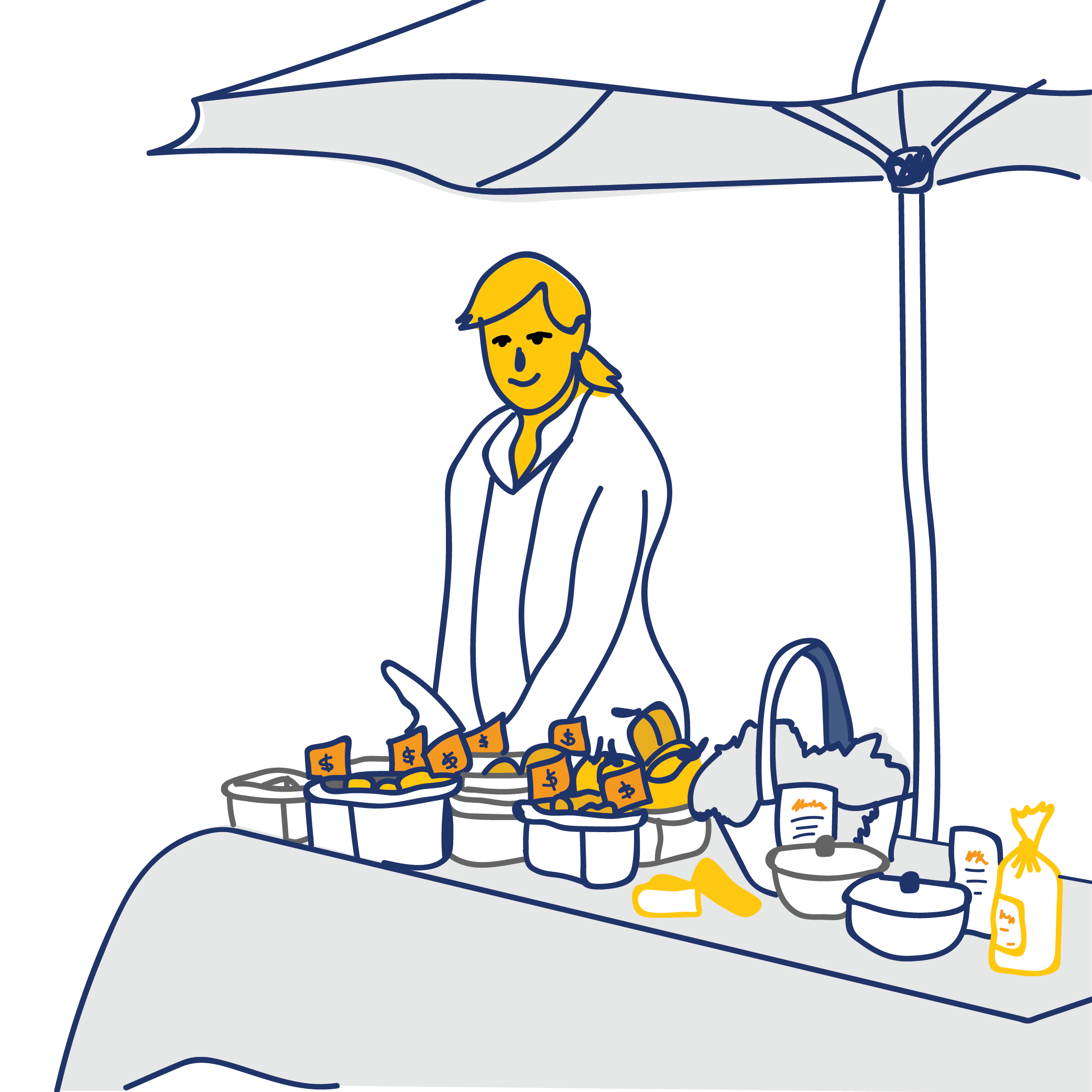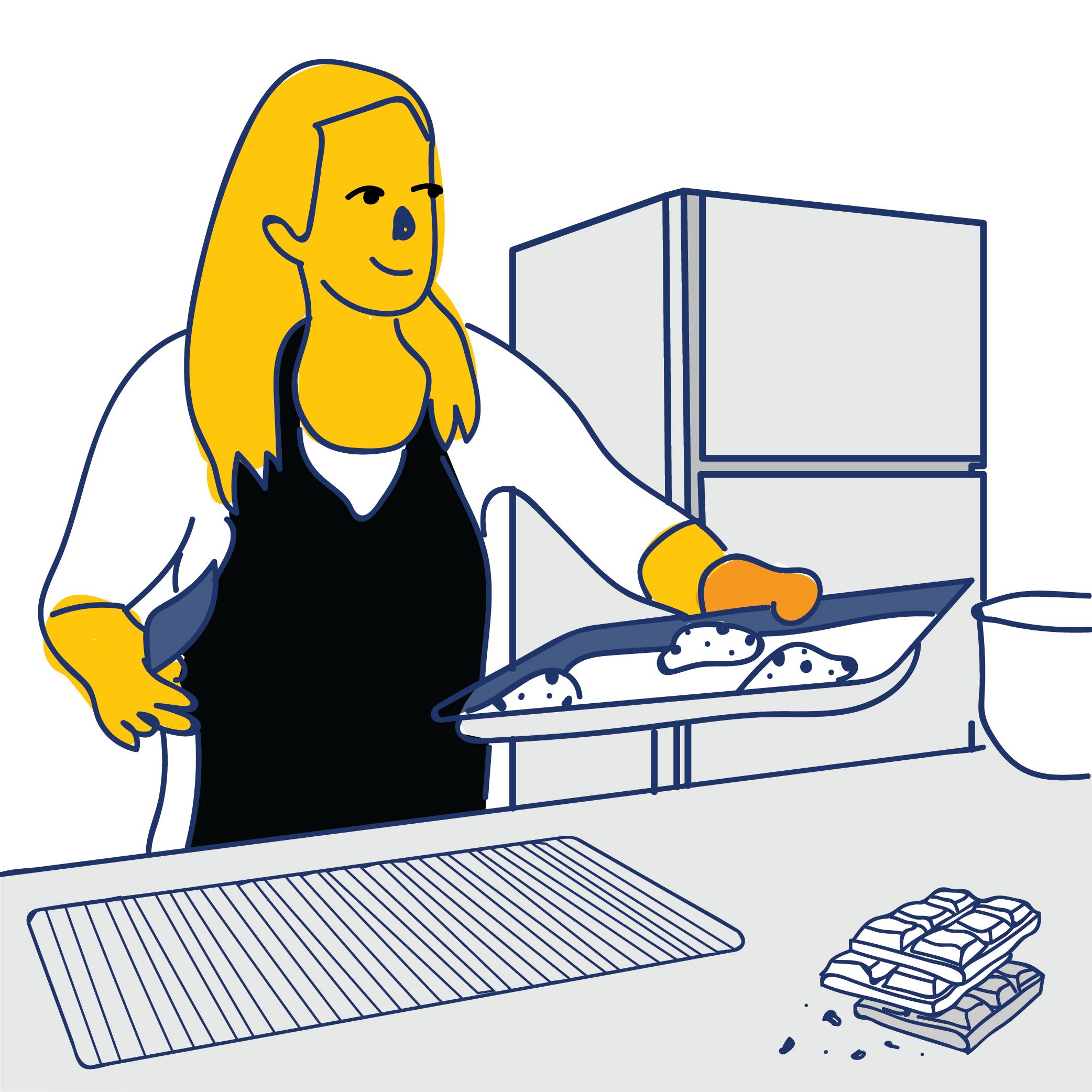Can I Manufacture Products from Home? Understanding the Cottage Food Law
Nov 14, 2024

In recent years, there has been a rise in individuals interested in turning their passion for cooking or baking into a home-based business. If you've ever wondered whether you can manufacture food products from the comfort of your kitchen, you'll be pleased to learn about the Cottage Food Law. This blog post aims to demystify the Cottage Food Law, explain its purpose, and provide insights into the opportunities and limitations it presents. Whether you're a home cook dreaming of selling your homemade treats or someone interested in cottage food operations regulations, this guide will help you navigate the world of home-based food manufacturing.
I. Understanding the Cottage Food Law
1.1 What is the Cottage Food Law?
The Cottage Food Law refers to specific regulations allowing individuals to produce and sell certain products from their residential kitchens. These laws vary from state to state, but they typically permit the sale of non-perishable food items, such as baked goods, jams, jellies, candies, and certain home-canned goods.
1.2 The Purpose of the Cottage Food Law
It provides opportunities for home-based entrepreneurs to start small-scale food businesses, encourages economic growth at the local level, promotes food safety practices, and offers consumers access to unique, homemade food products.
II. Opportunities and Limitations of the Cottage Food Law
2.1 Permissible Foods
Under the Cottage Food Law, individuals can typically produce and sell a range of non-perishable food items, such as:
- Cookies
- Cakes
- Bread
- Granola
- Honey
- Pickles
- Fruit preserves
However, regulations may restrict the types of ingredients and preparation methods allowed.
2.2 Labeling Requirements
Cottage food operators must usually label their products accurately, including ingredient lists, allergen information, and contact information. This ensures transparency and helps consumers make informed choices.
2.3 Sales Channels
Cottage food products are often sold directly to consumers through farmers' markets, roadside stands, online platforms, or community events. However, the Cottage Food Law may not permit selling to grocery stores, restaurants, or other commercial establishments.

2.4 Sales Volume Restrictions
Most states impose limits on the annual gross sales of cottage food products. These limits vary, but they aim to maintain the small-scale nature of home-based operations and prevent them from becoming full-scale food manufacturing businesses.
2.5 Food Safety Considerations
While the Cottage Food Law allows for home-based production, it does not exempt cottage food operators from practicing basic food safety principles. Operators must follow proper hygiene practices, maintain clean and sanitary production environments, and ensure safe handling and storage of ingredients and finished products.
III. Compliance with Cottage Food Laws
3.1 Understanding State-specific Regulations
Familiarizing yourself with your state's specific Cottage Food Laws is essential. Each state has its own set of regulations, which may include registration or permitting requirements, product limitations, labeling guidelines, sales restrictions, and training or certification obligations.
3.2 Food Handler Training
Completing a food handler training course or acquiring a food safety certification may be a prerequisite in some states. These courses provide valuable knowledge about safe food handling practices, proper sanitation, and allergen management.
3.3 Home Kitchen Requirements
In many cases, home kitchens used for cottage food production must meet specific criteria, such as having separate storage for household and business ingredients, adequate ventilation, and proper handwashing facilities. Some states may also require periodic inspections of home kitchens.

Conclusion
The Cottage Food Law offers a pathway for aspiring food entrepreneurs to start small-scale food businesses from their homes. While it presents exciting opportunities for home-based food manufacturing, it's crucial to understand and comply with state-specific regulations, adhere to food safety practices, and be aware of the limitations and restrictions of operating under this law. If you're considering venturing into cottage food production, conducting thorough research, consulting your state's regulatory agencies, and staying informed about any updates or changes to the Cottage Food Law are essential steps.
At GoHACCP with Experts, we understand the intricacies of food safety regulations and can provide valuable assistance and guidance to ensure your compliance with the Cottage Food Law. Our team of food safety professionals can help you navigate the regulatory landscape, develop proper food safety protocols, and establish best practices for your home-based food business. Contact us today to receive expert support tailored to your specific needs. Together, we can make your cottage food business thrive while prioritizing the safety and satisfaction of your customers.
Gerardo Fernández, Ph.D.in Biology.
Science Consultant at GoHACCP, dedicated to ensuring the safety and quality of food for consumers and manufacturers through scientific expertise and research.

Ensuring Food Safety at Restaurants Following the McDonald's E. coli Outbreak

Beyond Labels: Complying with FSMA 204 for Food Traceability

How to Build Your Prerequisite Program: The Foundation of Food Safety
Join our Food
Safety Community!
Stay ahead of the curve by exploring emerging
trends and technologies in food safety.

